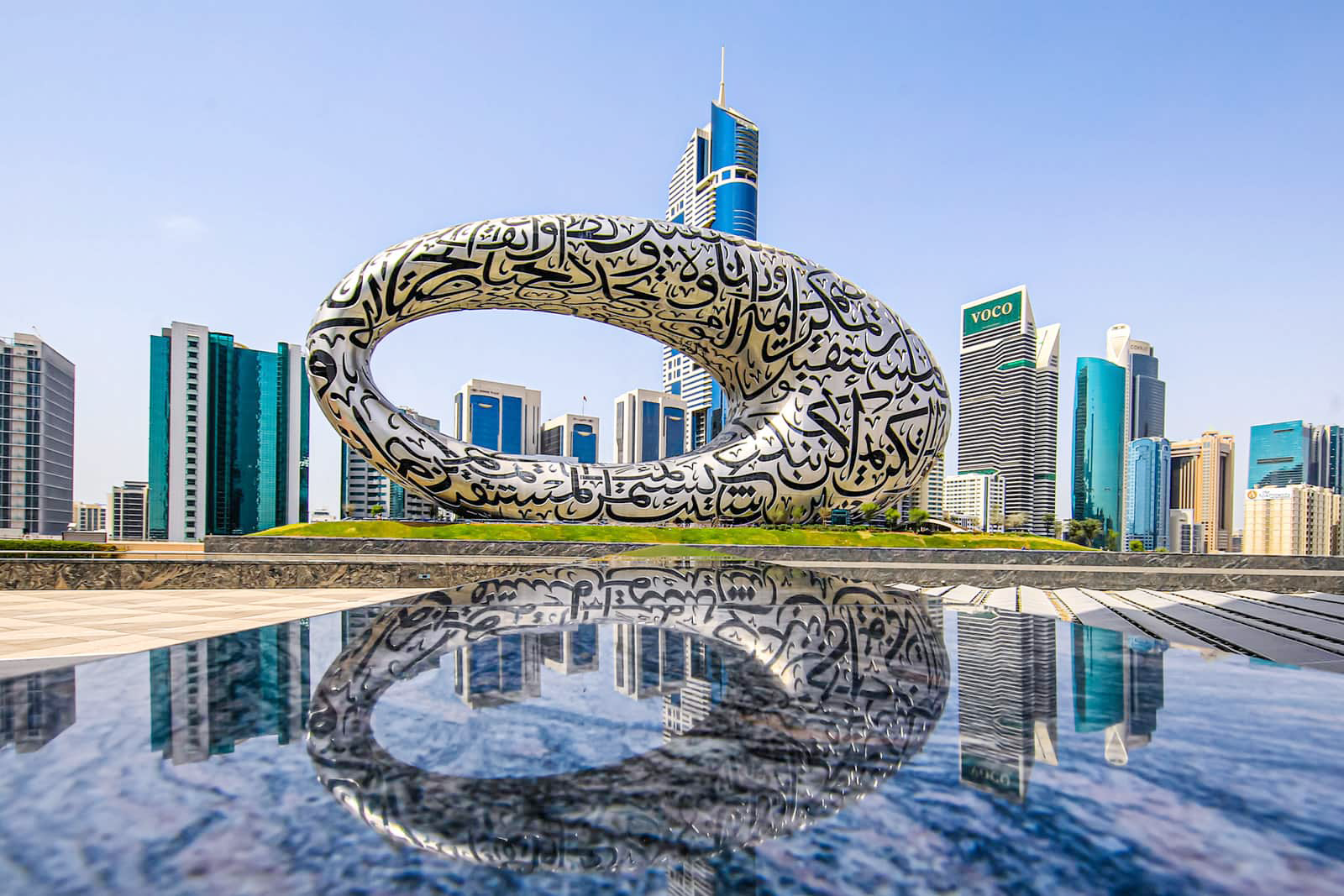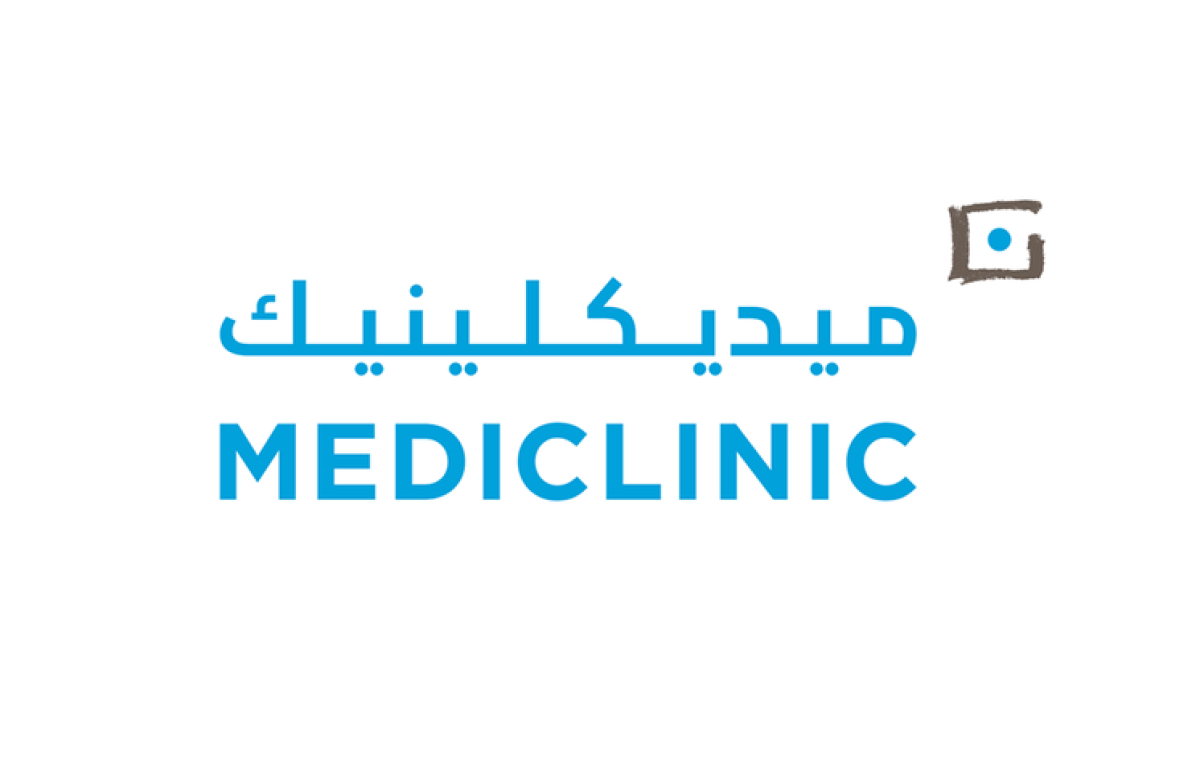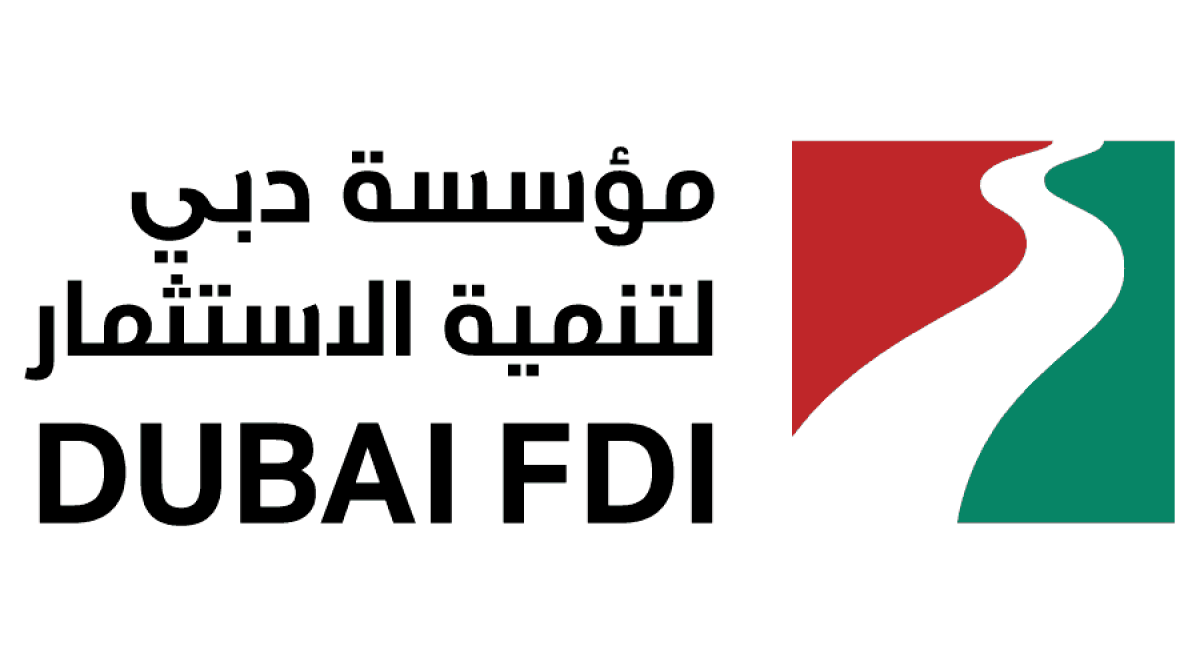United Arab Emirates, Where the Future is Now
COVID-19 has speeded the adoption of digital technologies by several years pushing companies over the technology tipping point and transforming the way businesses in all sectors and regions operate forever. Even though many nations pushed their limits in order to catch the tide of the 4IR not all have been entirely successful.
Drawing upon an analysis of how the pandemic has influenced the performance of different companies and institutions, we have chartered the trajectory of digitalization in the young and promising United Arab Emirates while tackling some fundamental questions about finance, academia, and healthcare in the face of unprecedented disruption.
We've explored how certain sectors have responded to challenges such as remote working and social distancing in the face of national lockdowns, and examined their progress towards a digitally enabled future. In the words of Prof. AlShamsi of Higher Schools of Technology: "The pandemic, and its aftermath, have proven to be a great challenge and also an opportunity to realize that what we expected to happen in the next 50 years is actually going to happen in the next 5 years."
Taking a look at the world of opportunity that is the UAE, both public and private sectors are looking to diversify the country's economy, and it's clearly working if you observe the rapidly evolving business landscape with an increasingly diverse range of innovative businesses and industries in the UAE leading this evolution. Fhad Algergawi, CEO of the Dubai Investment Development Agency (Dubai FDI) who plays a critical role in aiding economic recovery, expressed "Our strategies and initiatives are future-oriented, building on the tremendous success story Dubai has had over the past 30 years. Our ambition is to continue on this path and the value of our efforts has been confirmed in the FDI Global Cities of the Future 2021/22 report, where Dubai ranked 1st regionally and 2nd globally as a major city for FDI in terms of economic potential and having a business-friendly environment." Even the pharmaceutical industry is upping its game for a more integrated global market with better access to healthcare, as Mark James, CEO of MPC Healthcare told us: "At MPC, we are investing in projects that help create economies of scale, particularly on capital equipment usage and servicing & maintenance costs and we seek to bring state-of-the-art equipment and technology into the market and thus bring global healthcare players to the local UAE market."
The healthcare system and the way it operated in the United Arab Emirates was at the
forefront of the initial Covid-19 response and rapid changes had to be installed for the industry to function successfully. David Hadley, CEO of Mediclinic believes these changes will remain: "I think like everyone we have had to evolve very quickly; healthcare was already moving to a more digital way of treatment this just expedited the process. We started a pharmacy home-delivery business in that time, we started a Telemedicine business, remote patient monitoring and we've continued with those. We don't want to regress back to where we were before COVID because this is the new way that healthcare will be delivered and it's going to evolve further. I think the pandemic just moved us in that direction a lot quicker. "
With UAE's smart and sustainable city movements, there is not just growth in existing sectors, but leadership in new industries, which need desperate attention if the world is to design a more sustainable future. Dubai is one of the world's leading cities when it comes to sustainability, proving that the UAE is not singularly focused on financial profit, but also helping the planet. While Dubai once pursued its vision through magnificent real estate, today it is leveraging emerging technologies such as Blockchain, Artificial Intelligence, and harnessing Data Science capabilities.
We are shining a light on those who are taking up the challenge of shifting the country and indeed the world to a socially, economically and environmentally sustainable way of living. Of course, to create these new sustainable hubs, new architecture and infrastructure is necessary, which is giving birth to further growth in both real estate and manufacturing sectors such as Fintech are projected to grow exponentially in the UAE over the next two years. In fact, 73 per cent of people have already adopted digital banking and banks in the Middle East have been quick on their toes in coming up with contactless solutions during the pandemic. United Arab Bank has reaffirmed its commitment to sustainability by teaming up with Toppan FutureCard to create the region's first eco-friendly payment card made from 100 percent recycled plastic. The OxyCYCLE cards are in line with the UAE's efforts working towards a greener future and their new policy to eliminate the use of avoidable single-use plastic materials.
Dubai has established itself as a leading digital capital by becoming the world's first paperless government and thus achieving the objectives of the 'Dubai Paperless Strategy', which was launched in 2018. As the region's most dynamic city, it has set out ambitious growth plans for the next decade. Already the Middle East's top destination for foreign investment, Dubai is aiming to become the world's smartest city; the most visited city by 2025; and the global hub of the Islamic economy within the next decade.
The Dubai Industrial Strategy 2030 is aiming to make Dubai a worldwide platform for knowledge-based, sustainable, innovation-focused businesses grounded on a diversified, high value-added economy that is well integrated into the global economy and that provides more accessible and higher-value opportunities for all its citizens and residents. As the Middle East banking industry evolves, we're seeing a surge in digital banking products and services. It's apparent that digital transformation will be at the heart of improved customer experience in the banking industry.
David Hadley from Mediclinic added: "The UAE from a healthcare perspective is very good, in what we have seen and I think this is going to be a positive train going forward, people now want to live here and they've realized that there's excellent schools and excellent healthcare."
Generation Z make up a total of approximately 1.4 million individuals in the UAE. This generation is deemed to be digital native and has been attracting the attention of many companies when developing digital strategies to understand their consumption behavior and their expectations in the workplace.
Companies are analyzing their needs, characteristics and preferences in order to offer them targeted products, services and a suitable workplace. Younger customers are expected to play a crucial role in the growth of Islamic finance and expand its customer base, with this youth segment expected to contribute to as much as 75 per cent of total bank revenue by 2030.
We spoke to some of the leaders behind this multitude of changes in the country, changes that will of course leave a tangible mark on the rest of the world. The United Arab Emirates has elevated itself to be counted among the world's leading nations in numerous noteworthy categories and the word coming through the grapevine is that there's never been a better time to invest in Dubai and the UAE's future.
MAIN ENDORSER
UNITED ARAB EMIRATES
This report has been produced with the support of FDI Dubai.





